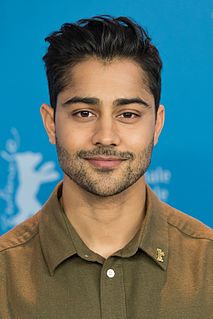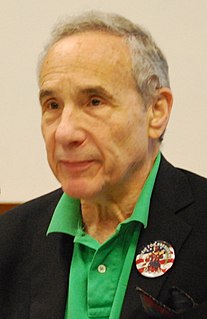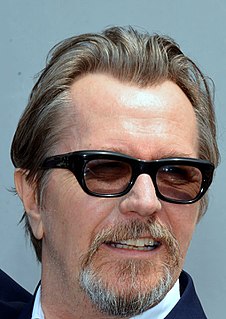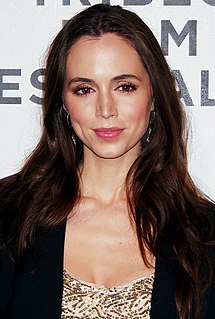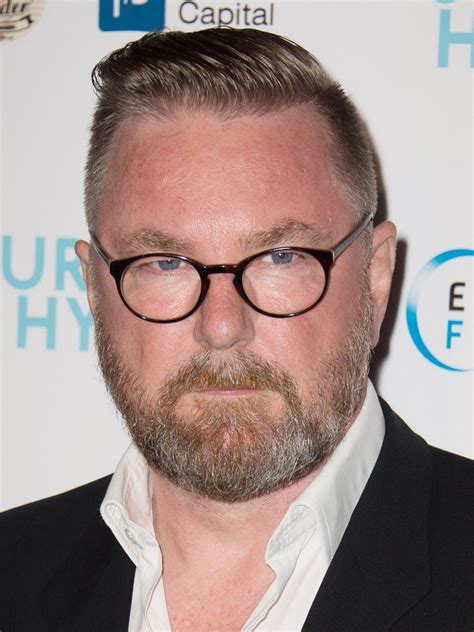A Quote by Ari Aster
I graduated from the American Film Institute in 2010, where I studied as a director, and came out with a few features I really wanted to make.
Related Quotes
Not to knock the people who've given me the opportunity; I appreciate all the opportunities I've gotten, but one of the things I think I really learned from the features I got to direct is that your job as a director is everything about the movie. It's to pick a story that's really worth making, and make sure that the basic components are there. You're not just a part of the team. You're really in charge, and the responsibility falls on you if all the components aren't there for a worthwhile film.
Film’s thought of as a director’s medium because the director creates the end product that appears on the screen. It’s that stupid auteur theory again, that the director is the author of the film. But what does the director shoot-the telephone book? Writers became much more important when sound came in, but they’ve had to put up a valiant fight to get the credit they deserve.
Well, there's two things I have criteria for doing a film: The script, which is the story, and the filmmaker, and it's a filmmaker's medium. I like really strong directors, and so when I do a film, I'm out there to serve the director, really, which is in turn to serve the script, to serve the director cause he's the one making the film. I relied on Todd Haynes for that.
I wanted to be a cartoonist, and then I wanted to go into film - not as an actor, but as a writer-director - and then I found myself during film school at the University of Southern California listening to the Clarence Thomas hearings in class on my Walkman, and I realized L.A. was not really for me.
The film festival is in a town in Arkansas, a quintessentially American town with a little town square. It's to champion women and diversity in all media, so TV, movies, eventually, digital, whatever you get into. That's the goal. We're using the same philosophy as my institute, which is to make it research-based and really try to work directly with filmmakers and content creators and move the needle. It's the only film festival in the world where the prizes are guaranteed distribution.



